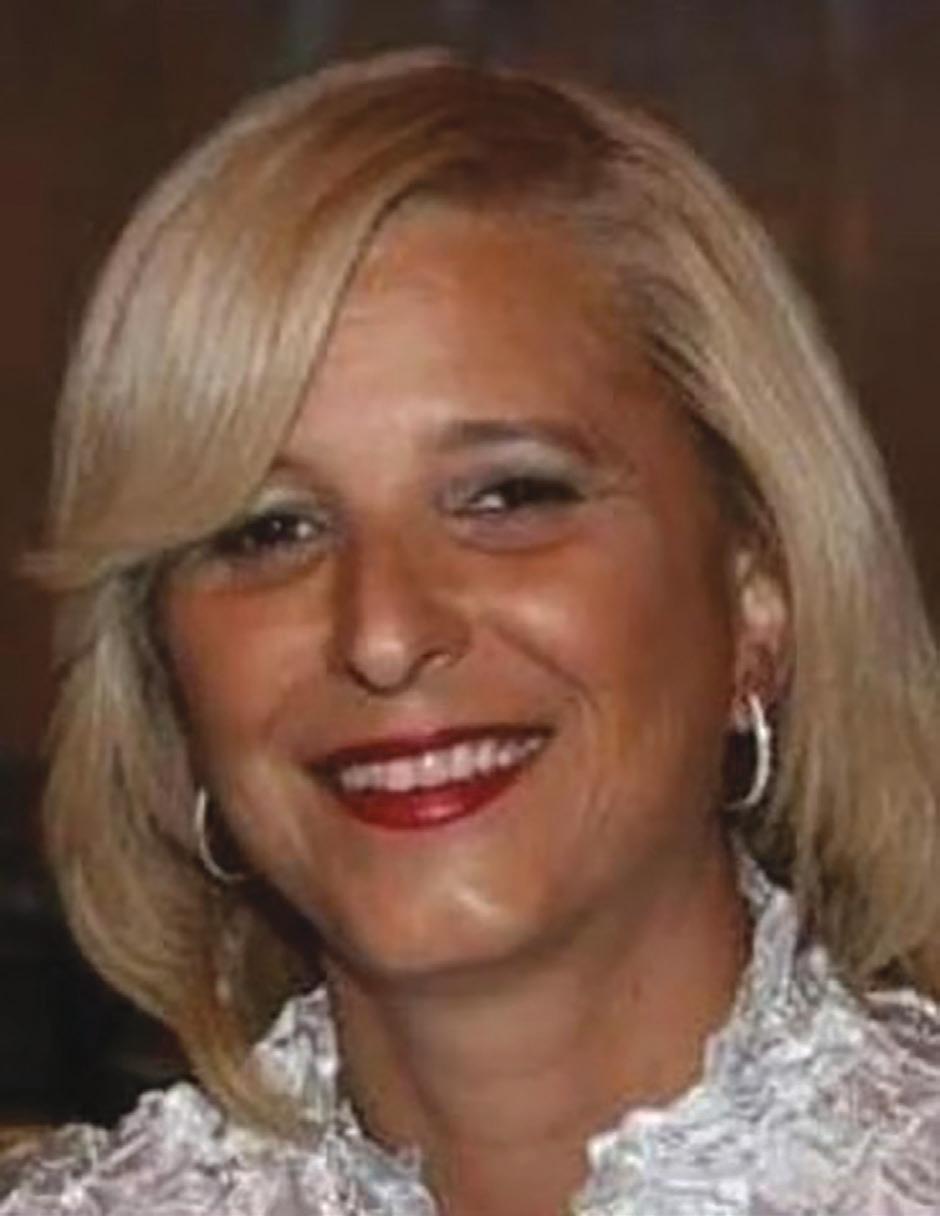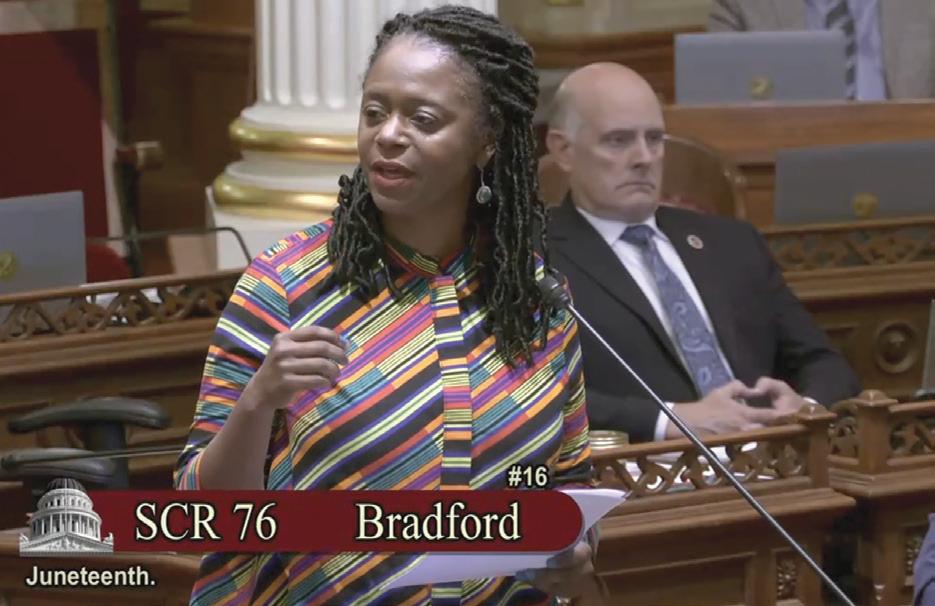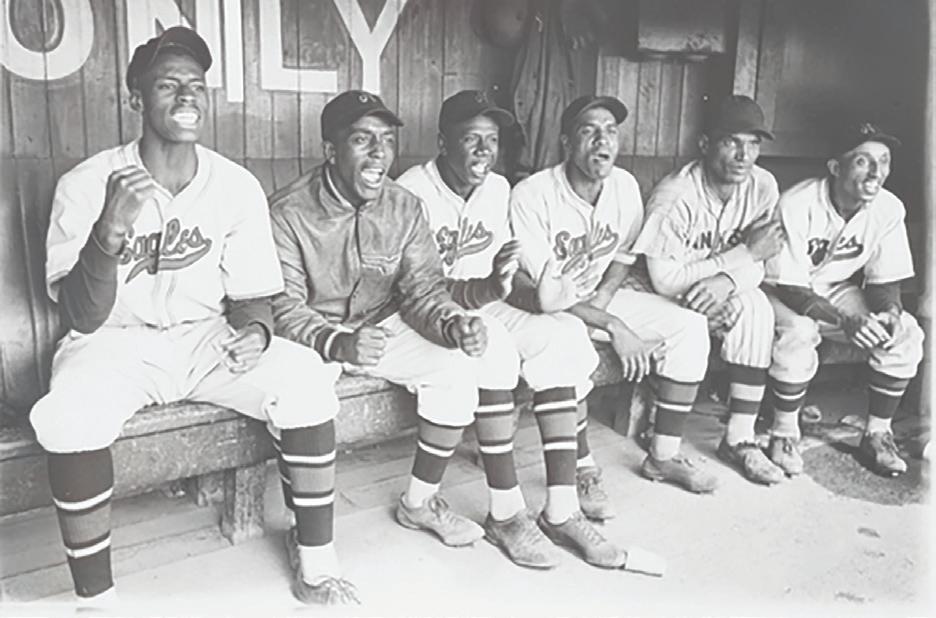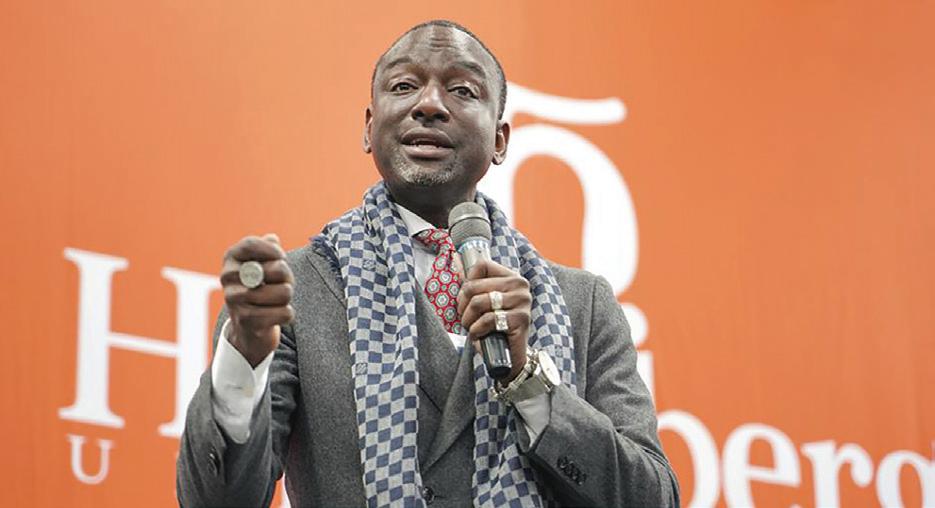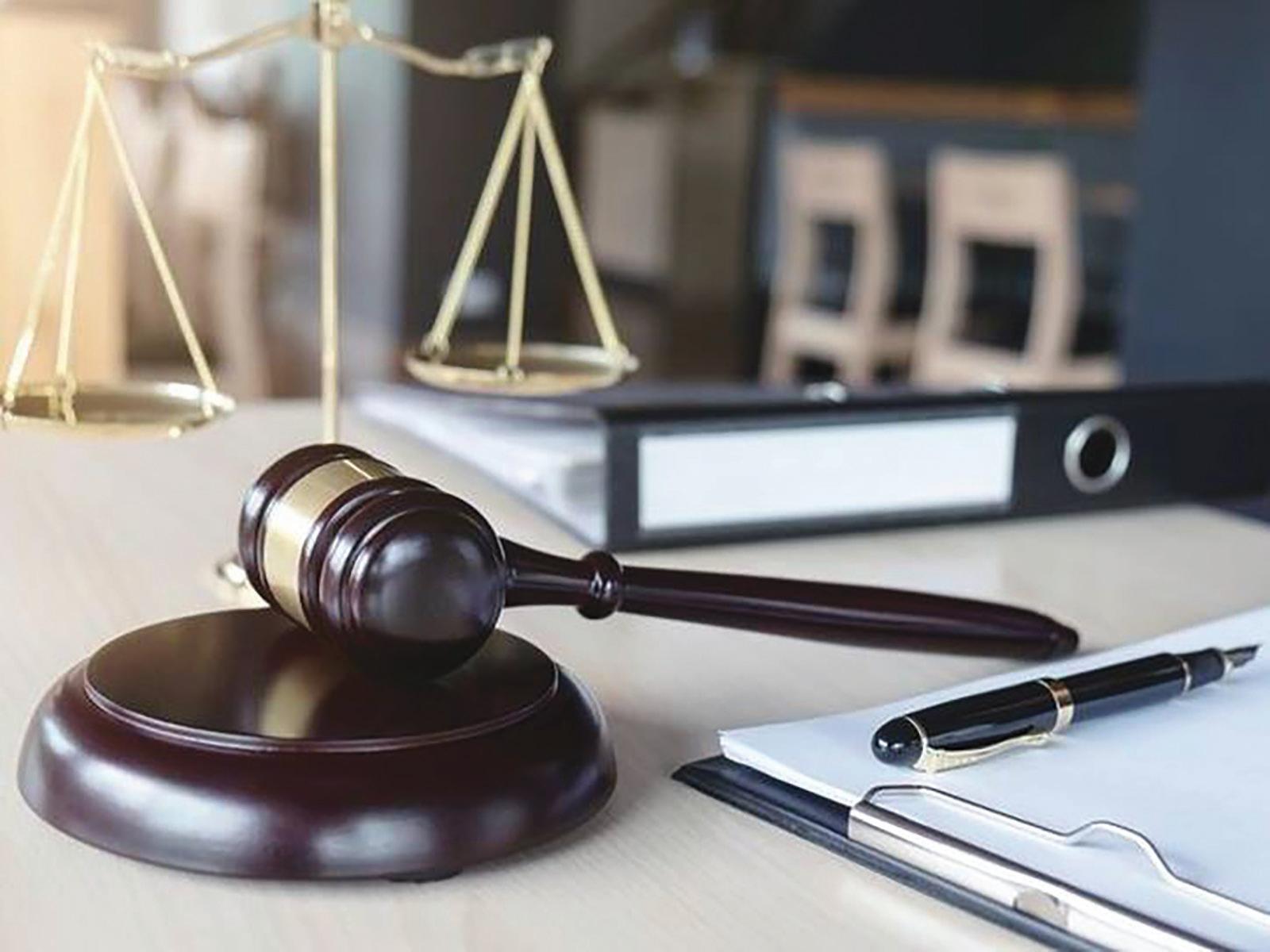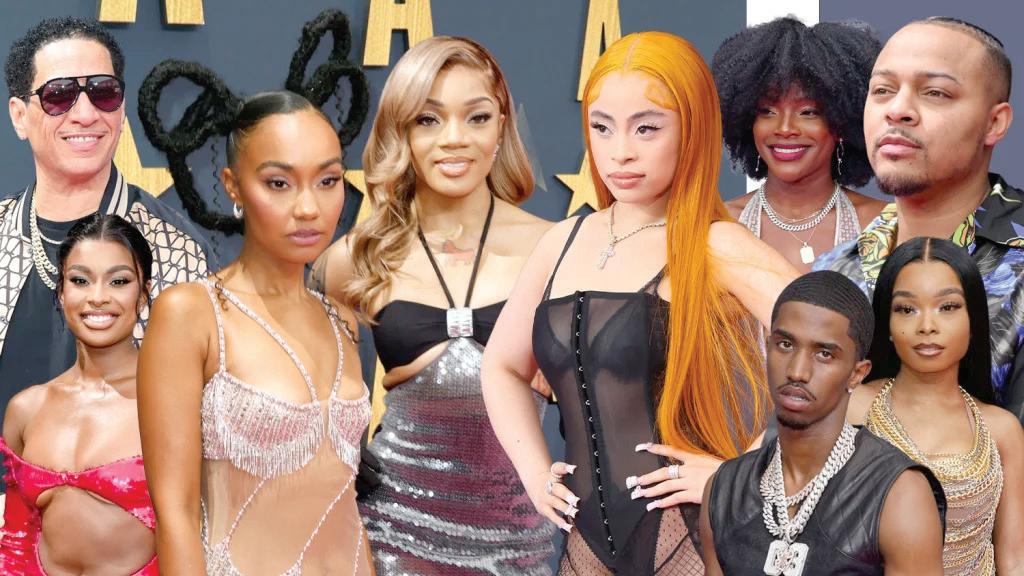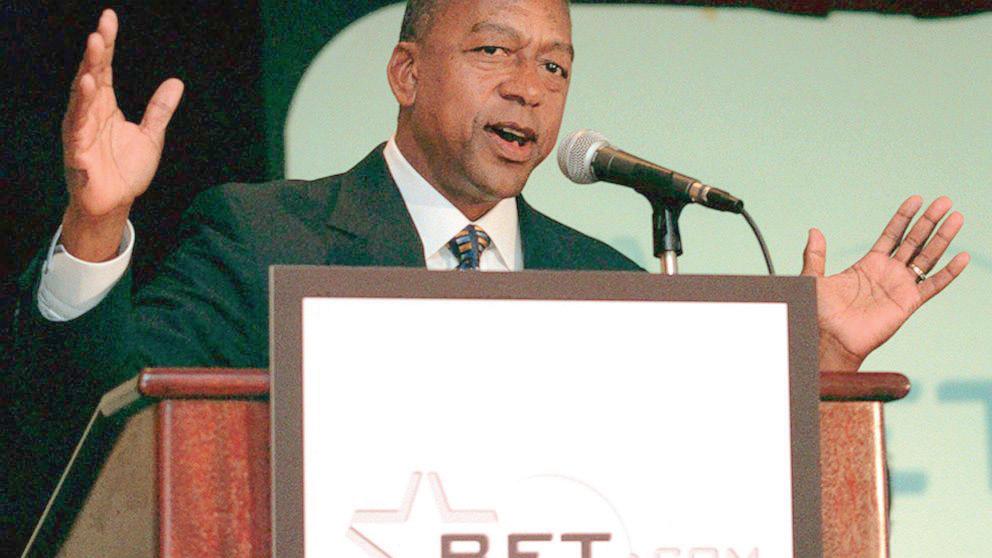
2 minute read
California NAACP Conference Honors 1968 Olympics Heroes
Continued from page A1 for Action (UBSA). They both noticed that Black studentathletes could use their fame to elevate civil rights issues. They both converted UBSA into the Olympic Project for Human Rights (OPHR), a civil rights organization created to boycott the 1968 Summer Olympics.
On Oct. 16, 1968, Smith won the 200-meter race in a world-record time of 19.83 seconds. Norman finished second with a time of 20.06 seconds, and Carlos was third with a time of 20.10 seconds.
Advertisement
“There were several other people who were really important in our lives and involved in the struggle too,” said Noel, who was known as a gifted middle-distance runner. “One of the things that I will say about the fight for human rights is we endeavored to change the paradigm of what it means to be a champion athlete. Not only to perform on the field but to get involved in politics, and support activities in our communities.”
Edwards, an emeritus professor of Sociology at the University of California Berkeley, and former scholarathlete at San Jose State College (today San Jose State University), encouraged African American athletes to protest the 1968 summer Olympics in Mexico City with the support of the Project for Human Rights.
Edwards, a long-time consultant at the San Francisco 49ers, is a proud and committed social activist. In 2016, Edwards supported then-49ers quarterback
Colin Kaepernick’s controversial protest against excessive use of force by police officers.
Kaepernick took a knee during the playing of the National Anthem before each game, as a way of bringing attention to police brutality against Black people in the United States.
After the first time Kaepernick kneeled, Edwards told him to give him his uniform immediately because his action would be a monumental moment in sports and representative of the new wave of civil rights. Edwards sent the garment to the National Museum of African American History and Culture in Washington, D.C., alongside Carlos, Smith, and Muhammad Ali’s exhibits.
“He felt strong enough about it to put his career and life on the line. Look at the number of death threats and other things that happened to him. He put it all on the line in order to make that statement,” Edwards said. “He was saying we are better than this. He started a movement that swept the world.” plan after Louisiana lawmakers refused to pass a plan that included a second majority-Black district.
The Legacy Hall of Fame honors outstanding community leaders who have fought tirelessly to advance the civil rights movement while also creating vital funding for local unit capacity building, youth leadership programs, and NextGen Leadership programs and initiatives, according to the CA/HI NAACP.
The Supreme Court clarified on Monday that their latest decision “will allow the matter to proceed before the Court of Appeals for the Fifth Circuit for review in the ordinary course and in advance of the 2024 congressional elections in Louisiana.”
A congressional map that the Republican legislature had passed over Democratic Governor John Bel Edwards’ veto last year led to the lawsuit against Louisiana state officials.
The map, which only designated one out of six districts
Continued on page A6
Shown left to right at the CA/HI NAACP Legacy Hall of Fame ceremony, Darrell Goode (received award for Dr. Tommie Smith), Rick Callendar (CA/HI NAACP president), Dr. John Carlos (Legacy Hall of Fame recipient), Dr. Kenneth Noel (Legacy Hall of Fame recipient), and Dr. Harry Edwards (Legacy Hall of Fame recipient). Dr. Tommie Smith, a gold medalist in the 1968 Olympics, could not attend the induction ceremony in Sacramento. June 24, 2023. (CBM photo by Antonio Ray Harvey)
Dr. Harry Edwards (Legacy Hall of Fame recipient), at the podium, and Dr. Kenneth Noel organized the protest at the 1968 Olympics in Mexico City. He is shown here with CA/HI NAACP President Rick Callendar and Carolyn Veal-Hunter (CA/HI NAACP treasurer) at the Legacy Hall of Fame induction ceremony in Sacramento. June 24, 2023. (CBM photo by Antonio Ray Harvey)


